
Most educational institutions’ administrators are concerned about student irregular attendance. Truancies can affect student overall academic performance. The conventional method of taking attendance by calling names or signing on paper is very time consuming and insecure, hence inefficient. Radio Frequency Identification (RFID) is an interesting solution in such cases. RFID based attendance system is one of the solutions to address this problem.
Applications of RFID
This system can be used to take attendance for student in school, college, and university. It also can be used to take attendance for workers in working places. Its ability to uniquely identify each person based on their RFID tag type of ID card make the process of taking the attendance easier, faster and secure as compared to conventional method.
The system can be connected to the computer through RS232 or Universal Serial Bus (USB) port and store the attendance taken inside database. An alternative way of viewing the recorded attendance is by using HyperTerminal software. A prototype of the system has been successfully fabricated. Radio frequency technology is used in many applications. RFID tags are of two types
Passive tags contain 13 digit number tag inbuilt in it, whereas active tags are read/write tag i.e. one can read from the tag and write to the tag.
This project uses a passive tag in making the RFID based attendance system. In real time, one can issue active tags to the students, with their roll numbers as their tags. RFID reader contains a copper winding in it. This winding acts as an antenna.
Working of RFID based attendance system
When a person with RFID tag or transponder enters in the range of RFID reader, the RF field induces voltage in the coils of tag. The range can be set by using the appropriate reader of appropriate frequency. This induced field supplies the voltage in case of passive tags and act as a battery in that case. If active tags are used then the case will be different as they have battery of their own.
Due to interaction of tag with reader 12 characters from tag are sent to controller. These 12 characters are sent to controller via serial communication. Before this controller is loaded with a program. In controller data of employee are saved. In our case data‘s of two employees are saved i.e. tag number and name. When we provide power supply to the circuit, the circuit switches on and “RFID BASED ATTENDANCE SYSTEM” is displayed on LCD.
When 12 characters are transferred to controller, the controller matches the characters with the saved characters. If the characters are matched then controller sends ‘1’ to green LED and time & date at time of entrance is fetched and stored. If characters do not match with the saved characters, the controller sends ‘1’ to red LED and displays tag number along with a string “ERROR”. This way it can be done number of times for different employees. Similarly there will be number of entries, valid or invalid. At the end of day, circuit can be connected to PC through RS232. And complete data is transferred to the computer on HYPERTERMINAL/TERATERM.
Component List
- Printing PCB
- ATmega32 Microcontroller
- Crystal Oscillator
- 3v Lithium Battery
- DS1307 RTC IC
- MAX232
- ISP CONNECTOR
- RFID Tags
- RFID Reader
- Capacitor
- Voltage Regulator IC 7805
- LED
- Connecting wires
- LCD 16×2
- Resistors
RFID Reader
The RFID reader is a standalone module with RFID reader and antenna. It‘s very small (32mmx32mm) in size and easy to integrate with any hardware design. It supports 125 KHz RFID tags and has DIP 0.1‖ pins to. Onboard antenna and hard plastic cover makes device small and sturdy. The module works on UART protocol which allows user to integrate it with any PC or Microcontroller based design. It also supports Wiegand protocol.
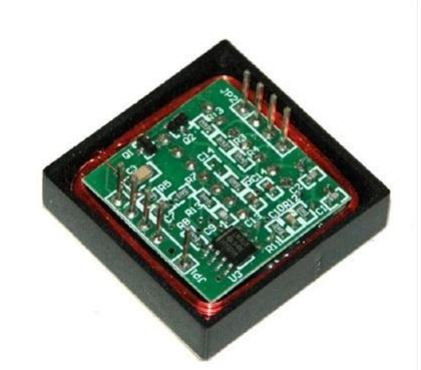
RFID Tag
These tags contain at least two parts: an integrated circuit for storing and processing information, modulating and demodulating a radio-frequency (RF) signal, collecting DC power from the incident reader signal, and other specialized functions; and an antenna for receiving and transmitting the signal. The tag information is stored in a non-volatile memory. The RFID tag includes either fixed or programmable logic for processing the transmission and sensor data, respectively.
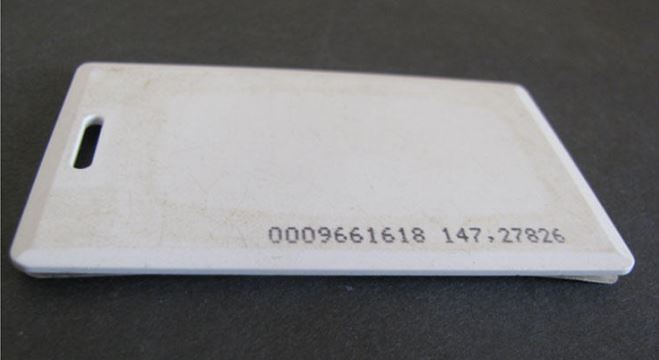
List of Software Used:
- AVR Studio 4
- Hercules v3.2.8
- VP 812
- Proteus ISIS 7 Professional
- Pad2Pad
AVR Studio
AVR studio is an Integrated Development Environment (IDE) by ATMEL for developing applications based on 8-bit AVR microcontroller. Prior to installation of AVR Studio you have to install the compiler WinAVR. This will allow AVR Studio to detect the compiler.
Hercules
Hercules is great utility if you are working with the serial and Ethernet devices & interfaces. General useful parts include:
- Serial port terminal (COM5 and higher support)
- TCP/IP Client terminal (similar to “Telnet”)
- TCP/IP Server “terminal”
- UDP “terminal”
Proteus
It is a software for microprocessor simulation, schematic capture and printed circuit board (PCB) design. Proteus Isis is used to create and simulate the circuits for the RFID based attendance system.
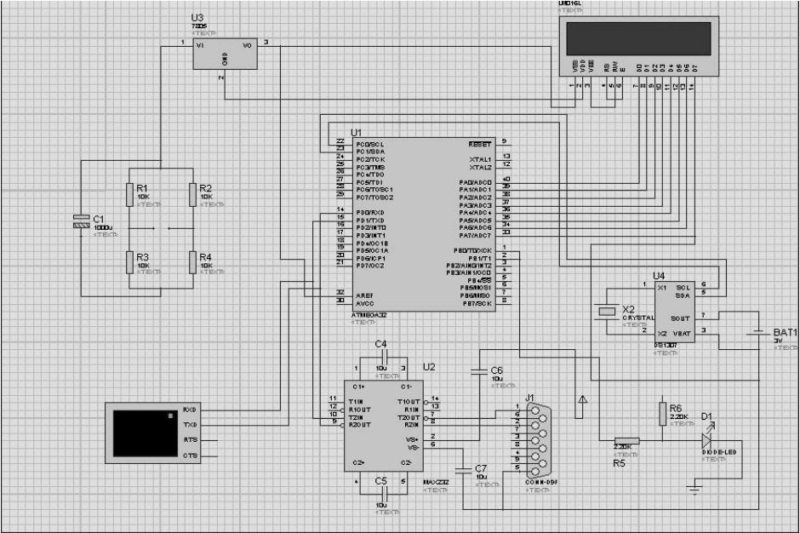
PAD2PAD
It makes designing and ordering custom printed circuit boards a breeze! Pad2Pad is a remarkable service that gives you the power to make one or 100,000 PCBs. Pad2Pad provides free design software you download. The software checks your board and computes a price instantly and you can conveniently place your order online.
Conclusion
As RFID technology evolves, more sophisticated applications will use the capability of RFID to receive, store and forward data to a remote sink source. The versatility of RFID can be used in implementing functional and automatic student course attendance recording system that allows students to simply fill their attendance just by swiping or moving their ID cards over the RFID reader which are located at the entrance of lecture halls with a considerable degree of success and acceptability of usage in our faculty. Such an RFID based attendance system can shift the paradigm of student‘s lecture attendance monitoring in classroom and provide a new, accurate, and less cumbersome way of taking student attendance in school.
Feel interested? Check out other RFID projects.







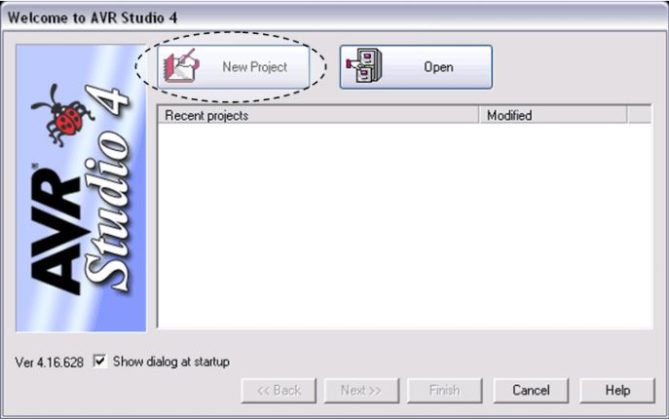
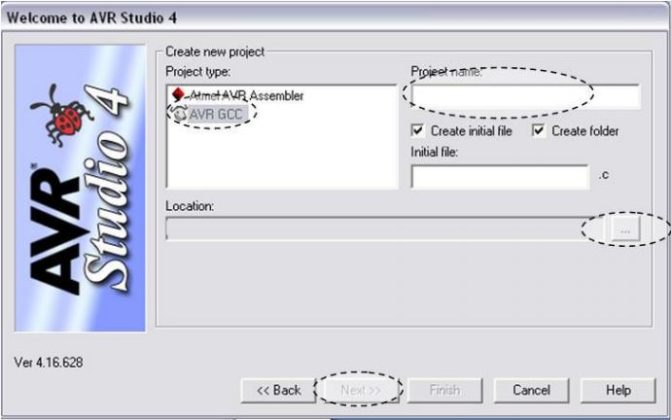
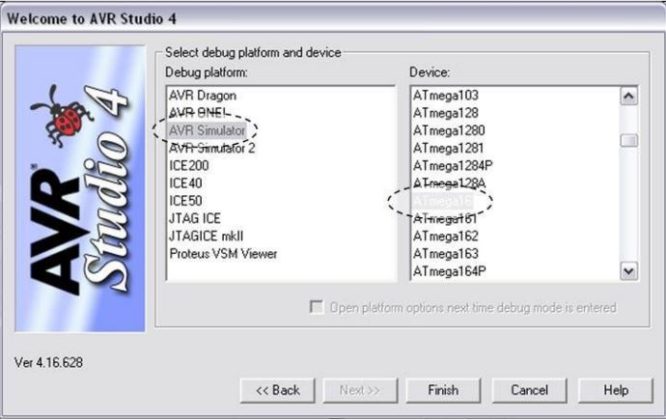
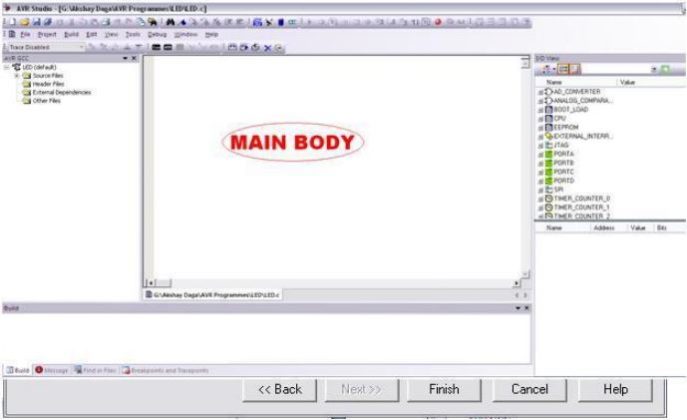
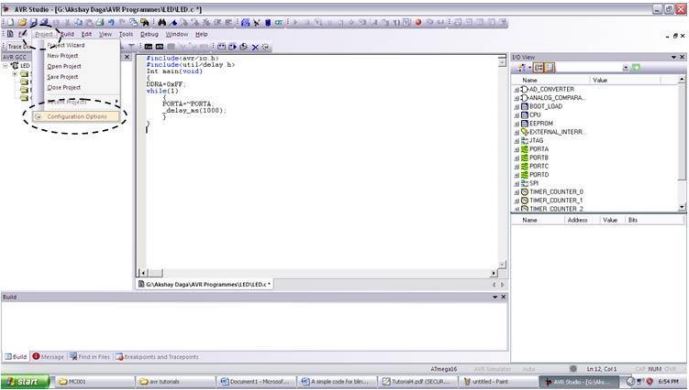
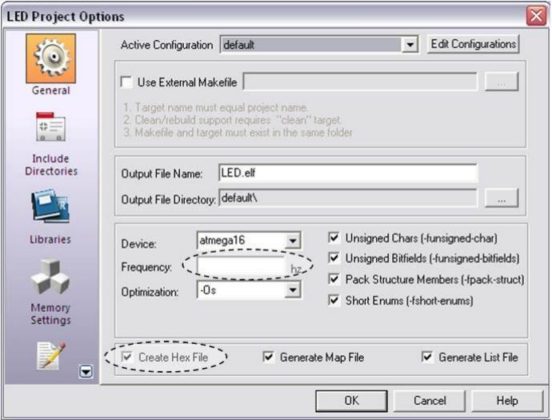
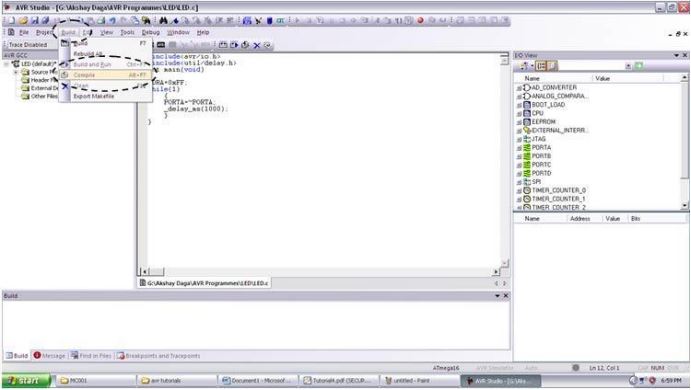
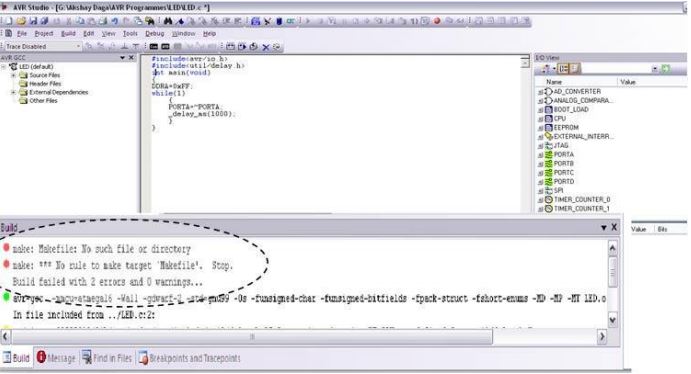
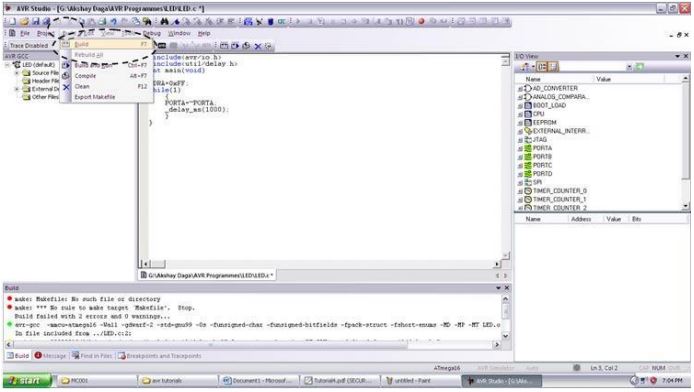


This seems to be an excellent idea!
do you have the code for the same project?
Are you having any code for this project please send it to me via [email protected]
please
Dear swathi, this is a contributed project and we donot have the required source codes.
FOR CODE GIVE ME MAIL ID
Dear Pratik,
This is only a prototype circuit, as of now we do not have the source code for this article.
Source code plss
Dear Jeffrey,
This is only a prototype circuit, as of now we do not have the source code for this article.
[email protected] give me code as well as circuit diagram for proteus
Dear Swap Kadu,
This is only a prototype circuit, as of now we do not have the source code for this article.
would like send the code by [email protected]
Dear mulusew,
This is only a prototype circuit, as of now we do not have the source code for this article.
Try using arduino for same, U all will easily get source code for some.
Please could you sent the code to
[email protected]
Code proteus diagram plz
[email protected]
please could you sent me the code to [email protected]
plz show this project without using
microcontroller
Indolytics India Pvt Ltd is a developed “SchoolCop” (Student Tracking System), have the same system as attendance system and that features are Automated attendance of students, Automated attendance of staff, Automated attendance in the bus. This system also provide “Panic Button” on the iCard. It is the “World’s First iCard with Panic Button for Schools” that works for child safety. Works: a. Beacon card transmits the data. b. Bluetooth Low Energy Module Scans the nearby Beacons precisely. c. Scan records and then transmitted to cloud via WiFi.
Sir,
Thank you for the useful project.
What is the value of X2 Crystal Oscillator? Both the BOM and circuit diagram the Crystal frequency is not mentioned.
As per DS1307 datasheet the crystal frequency is mentioned as 32.768kHz.